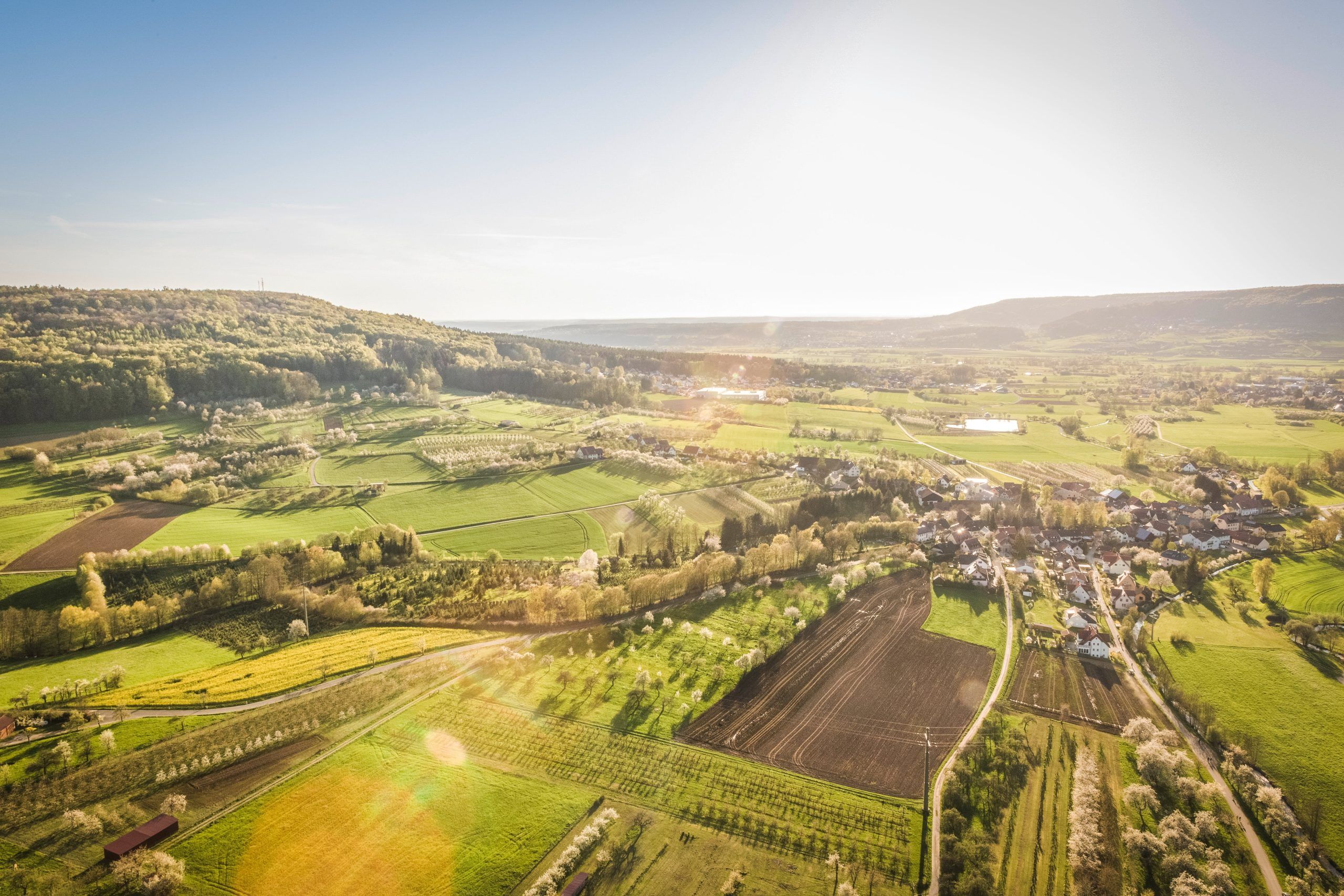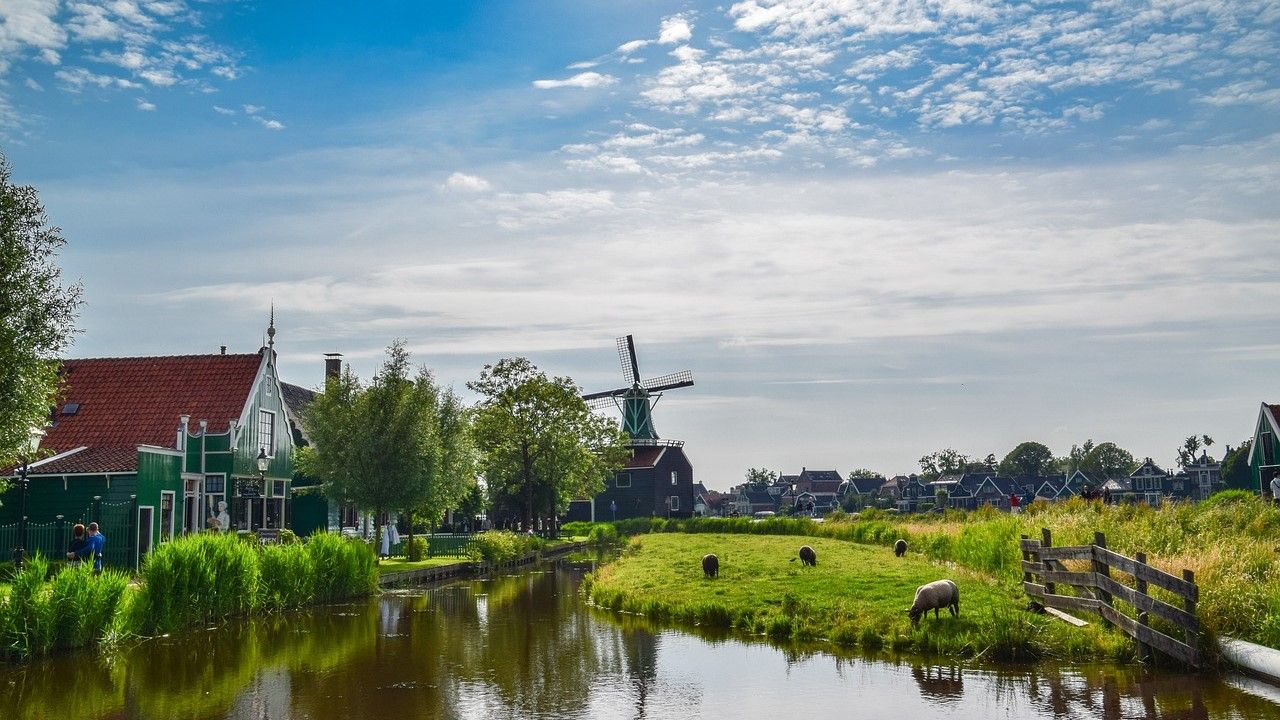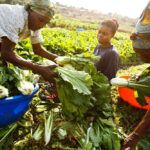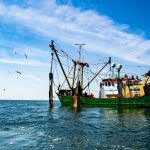The conclusions were unanimously endorsed by EU agriculture ministers. They provide political guidance to the Commission and member states on their future actions in support of these areas, which cover more than 80% of the EU’s territory.
The text recognises the key role that rural areas play in contributing to the economic strength of the EU, the green and digital transitions, climate action, and in preserving the cultural heritage of local communities.
The conclusions pay particular attention to the need to strengthen the social and economic fabric of rural areas by using relevant instruments across all policies. The Council also highlighted several relevant issues such as encouraging the participation of citizens and relevant local actors, improving connectivity and the development of digital competences in rural areas, and supporting investments.
In this context, all relevant EU policies and instruments should be involved and contribute with the appropriate resources to support rural areas. The coherence and synergies of policies and instruments should be enhanced in this sense.
The text also emphasises the role of young people and women. Furthermore, ministers acknowledged the need to simplify procedures in order to minimise administrative costs, thus encouraging rural actors to develop and implement new projects for the development of rural areas.
In the conclusions, the Council encourages member states to further develop strategies to the benefit of rural areas and communities.
The conclusions are based on a communication published by the Commission in June 2021, entitled ‘A long-term vision for the EU’s rural areas’, which is aimed at creating stronger, connected, resilient, and prosperous rural communities by 2040. The communication set out the challenges faced by rural areas and highlighted some of the opportunities available to them.
The approval of the conclusions by EU agriculture ministers comes after a long process of consultations with all stakeholders, in which they had the opportunity to express their priorities and their concerns on the future development of the EU’s rural areas.
The process started in 2021 with a first political discussion on the rural vision, held by the Slovenian presidency. Subsequently, a conference on the rural pact was organised by the Swedish presidency in April 2023, and a ministerial discussion took place during the September 2023 Agrifish Council meeting. Finally, the Spanish presidency held a high-level rural policy forum in Sigüenza on shaping the future of rural areas at the end of the same month.

Thriving rural areas are key to the future of the EU |
Fishing opportunities for the Atlantic and the North Sea, and for the Mediterranean and the Black Sea
Fisheries ministers held a first exchange of views on two proposals from the Commission concerning fishing opportunities, namely the proposal for fishing opportunities in the Atlantic and the North Sea for 2024 and, in the case of some stocks, also for 2025 and 2026, as well as the proposal on fishing opportunities in the Mediterranean and the Black Sea for 2024.
The stocks concerned by the two proposals are those the EU manages either on its own, jointly with neighbouring non-EU countries, or via agreements reached under the regional fisheries management organisations (RFMOs).
The ministers’ discussion helped set the ground for the December Agriculture and Fisheries Council meeting, when ministers are expected to reach a political agreement on the two proposals.
The aim of December’s decision is to set next year’s catch and effort limits for most commercial fish stocks, along with national quotas for each species.
For the first time, in the case of nine stocks, the Commission is proposing to set catch limits for 2 to 3 years, known as ‘multiannual total allowable catches (TACs)‘, instead of re-evaluating them annually. This is based on multiannual advice from the International Council for the Exploration of the Sea (ICES). The goal of the multiannual approach is to help ensure certainty and stability for the industry, and to improve the efficiency of the decision-making process.
At today’s meeting, ministers welcomed the opportunity to open discussions on fishing opportunities during the November Council meeting.
During the discussion, ministers stressed the need to balance the three pillars of the common fisheries policy, namely the social, economic and environmental sustainability of the fisheries sector.
Other topics raised within the meeting were the need to ensure a level playing field with fishing fleets from third countries, and to achieve positive and satisfying results in the EU’s consultations with third countries, in particular the UK and Norway.
More information: Council of the European Union







Leave a Reply